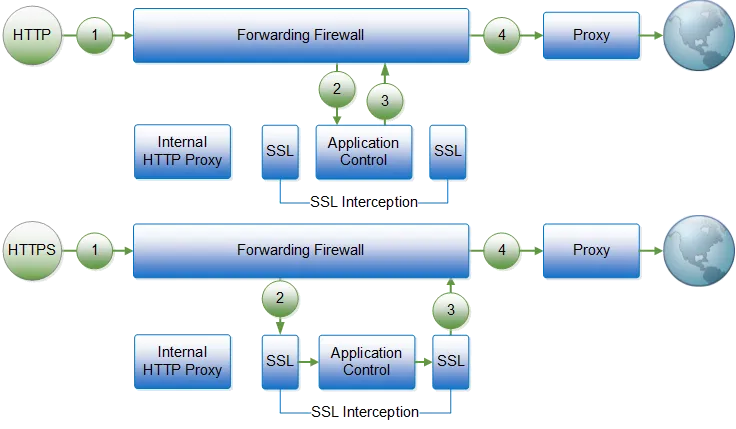Proxies for personal use
There are several reasons for individuals or organizations to use a proxy.
Firstly, for regular internet users, a proxy could come in handy if there is a need to browse the internet more privately. On top of the privacy factor, proxy servers can also improve security levels if the proxy server is correctly configured as users can encrypt their internet requests.
What’s more, a proxy tied to a specific location can unlock geo-blocked content, even if the real IP address doesn’t have the privilege to access this particular information.
Proxies for business use
On a business’s level the same factors come into play as discussed above. Furthermore, proxy servers are widely used internally to control and monitor internet usage among organizations themselves.
Externally, many businesses use proxies to carry out their day to day operations. For instance, ad verification is used by companies harness proxies to check advertisers’ landing pages anonymously. Whereas, travel fare aggregators use proxies to scrape flight prices without IP blocks or bans.
Proxies can also be used to get pricing data (e.g. for MAP monitoring), buy limited edition products, create and manage social media accounts, and for many other reasons.
Do you need a proxy server?
Whether you need a proxy server depends on what you are planning to do. If it’s for hiding your IP address alone, a VPN should be more than enough. However, if you’re looking up proxies because you need to gather data in large quantities – you most likely need a proxy server.
For any larger web scraping operation, you will need a vast amount of proxies to successfully connect to the desired data source through your automated web scraping script. With proxies, you will gather your required data from the web server, without reaching the implemented requests limit, and slip under anti-scraping measures.
So to answer whether you need a proxy server in such a case? Yes. Of course, you should know how much data you’ll be needing. In other words – how many requests you’ll be making per day. Based on data points (or request volumes) and traffic you’ll be needing, it will be easier for you to choose the right proxies for your requirements.
